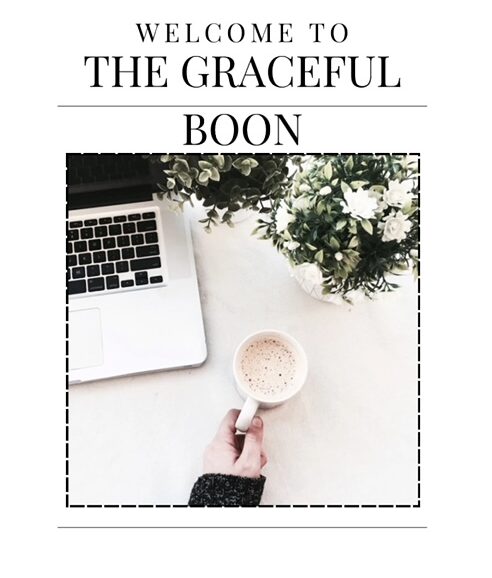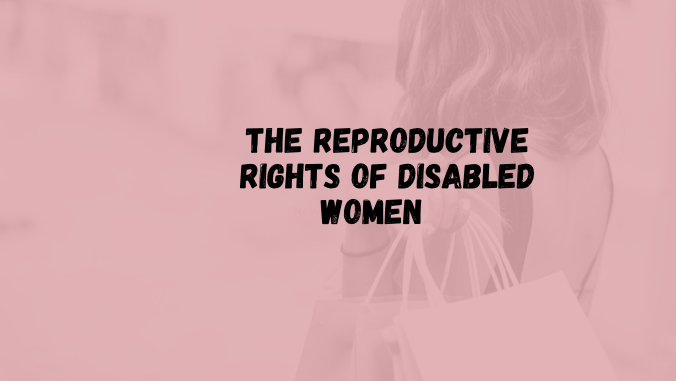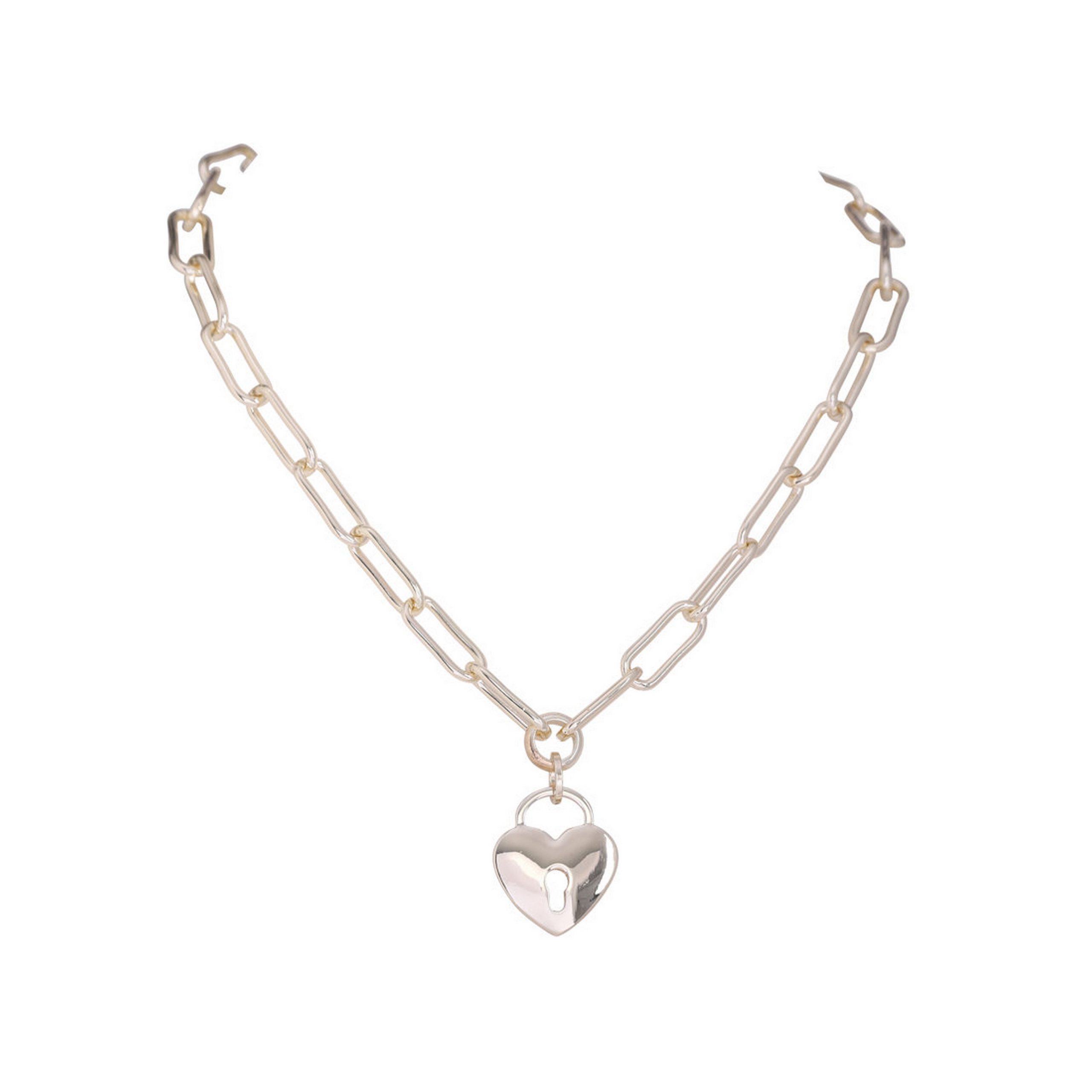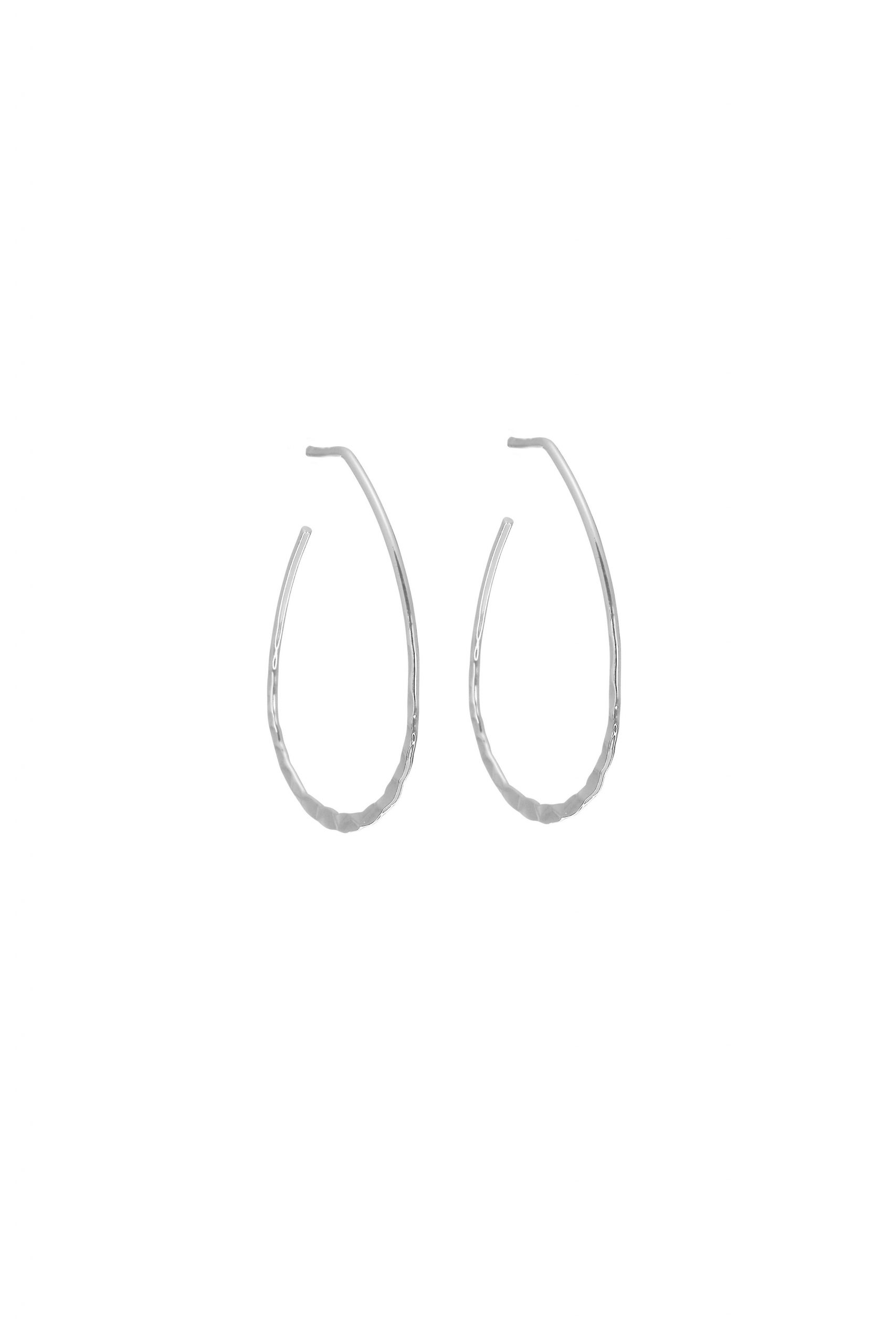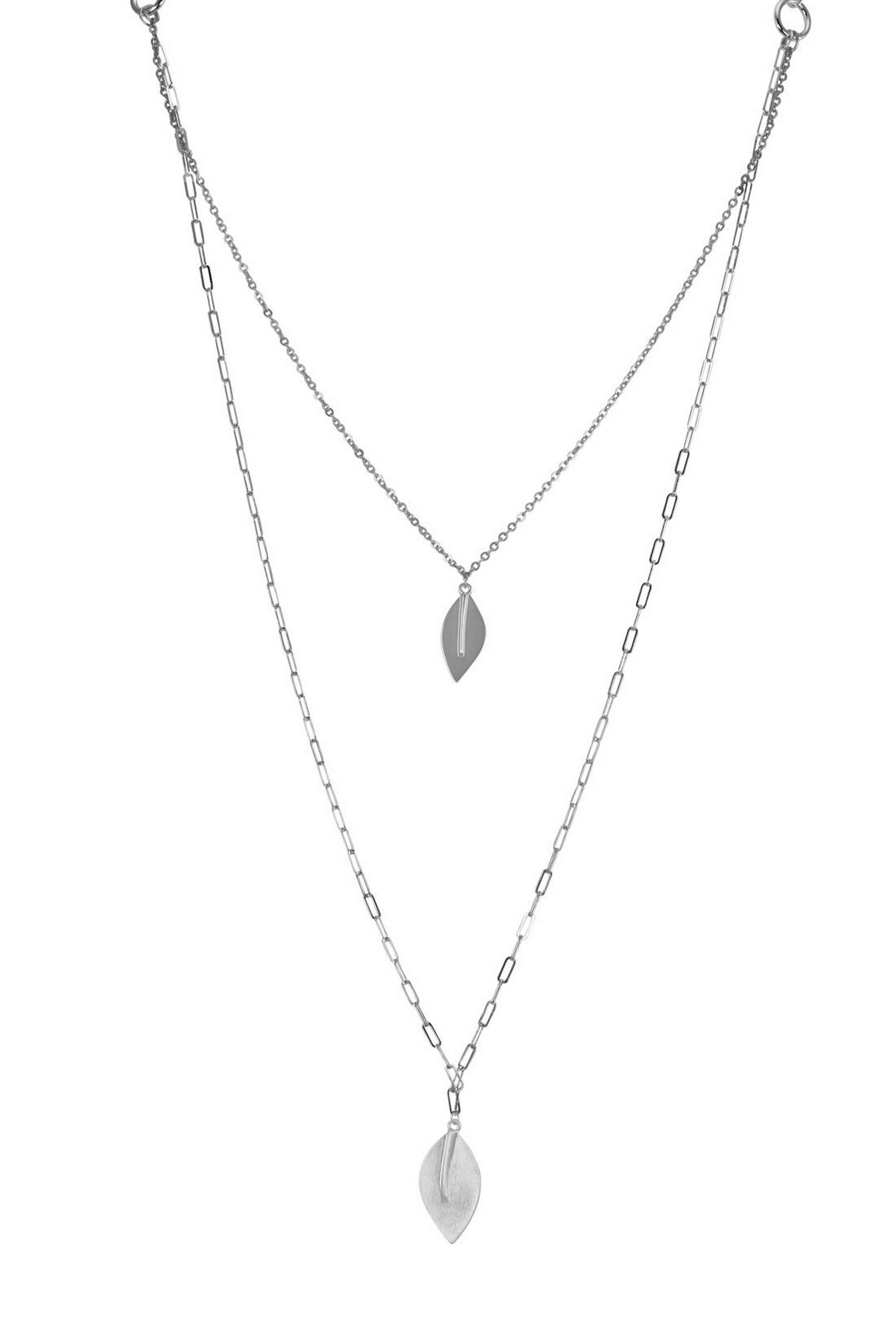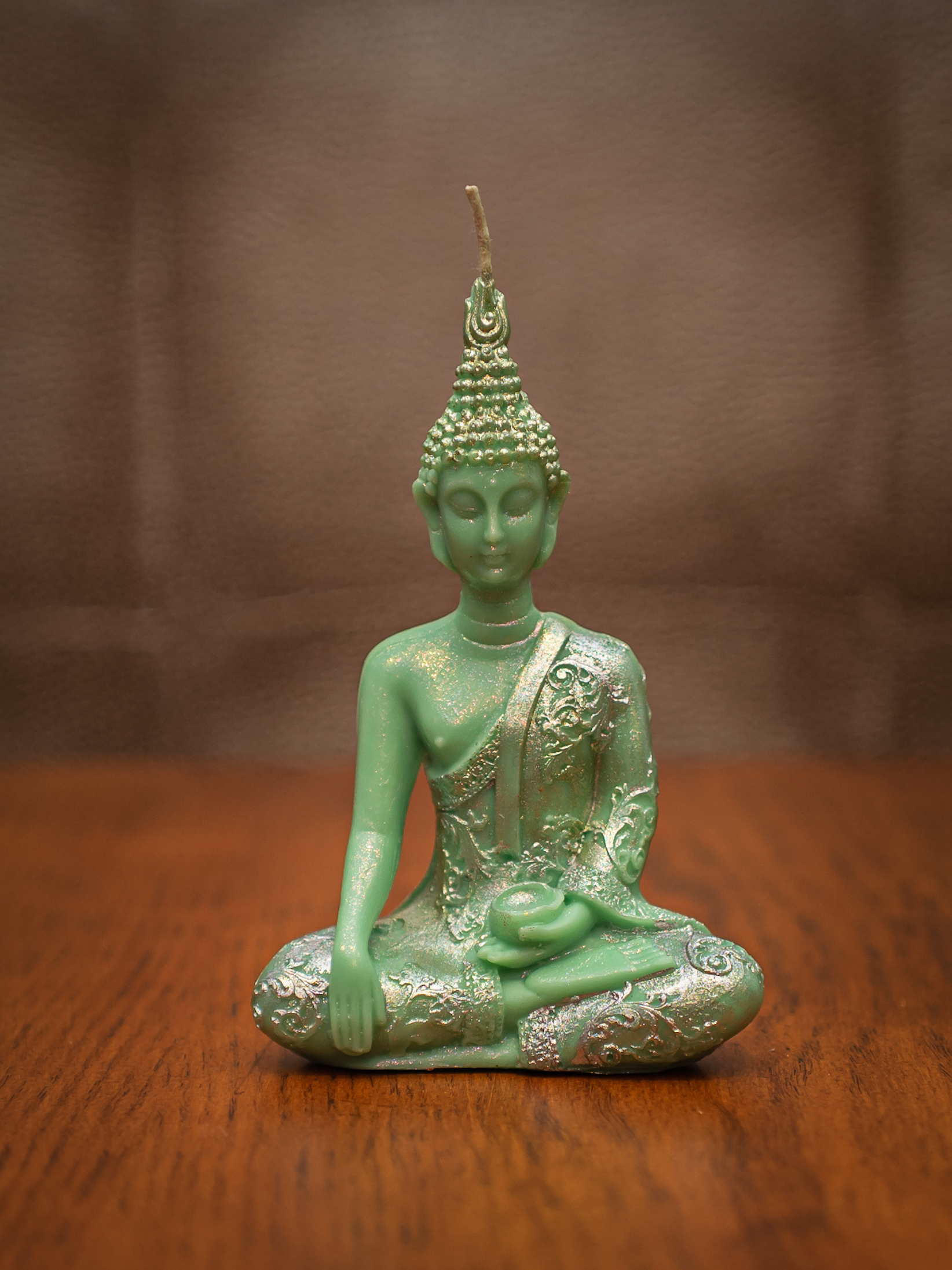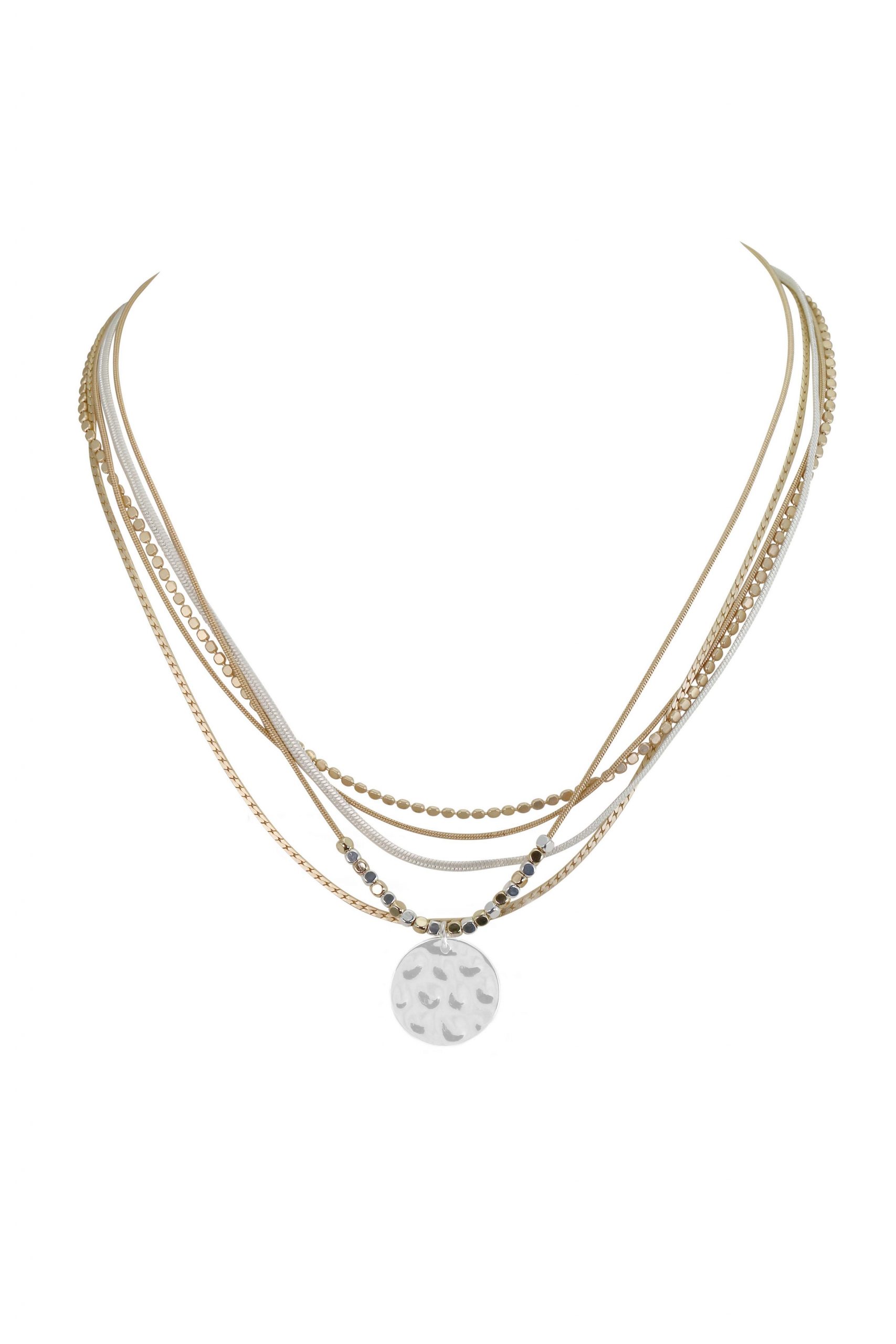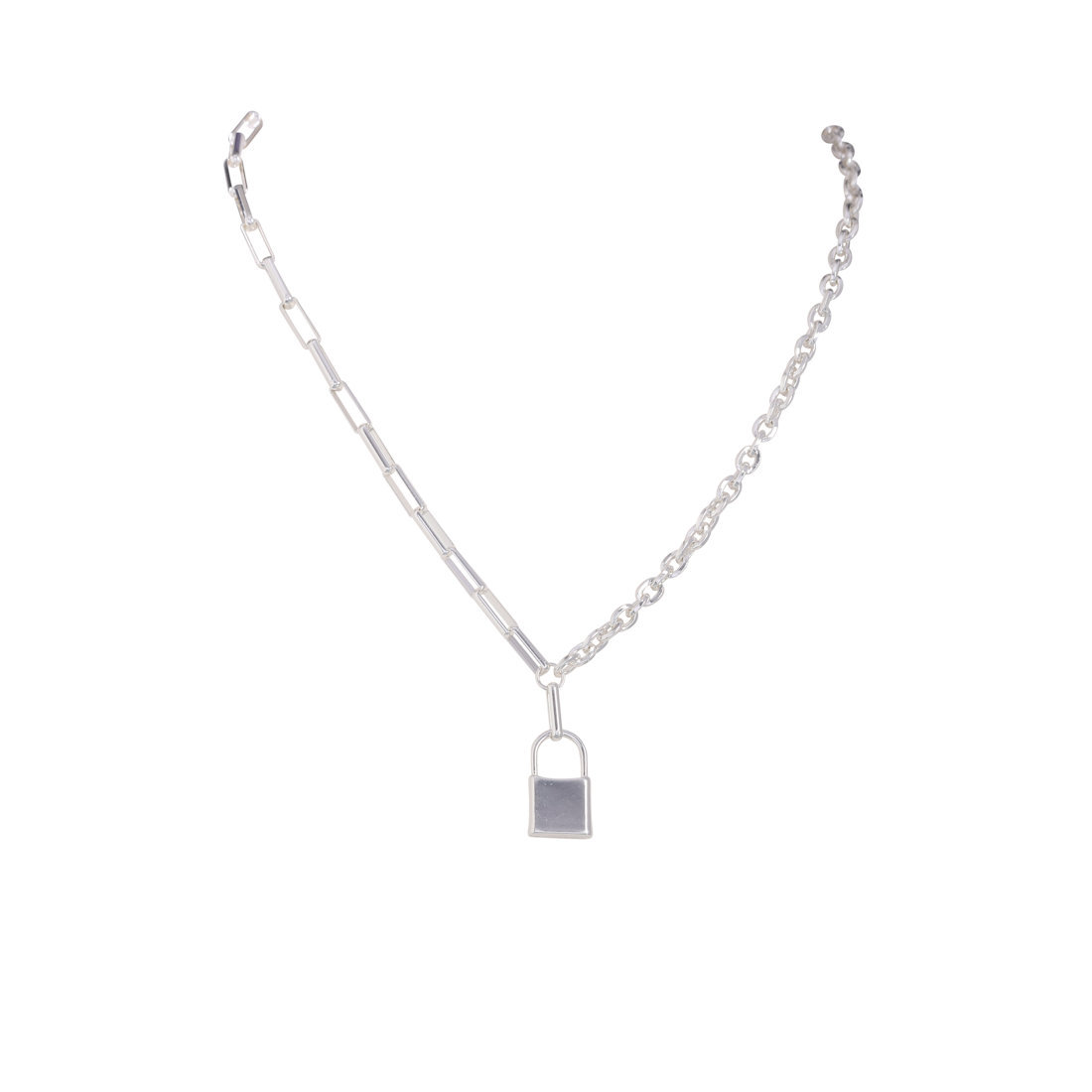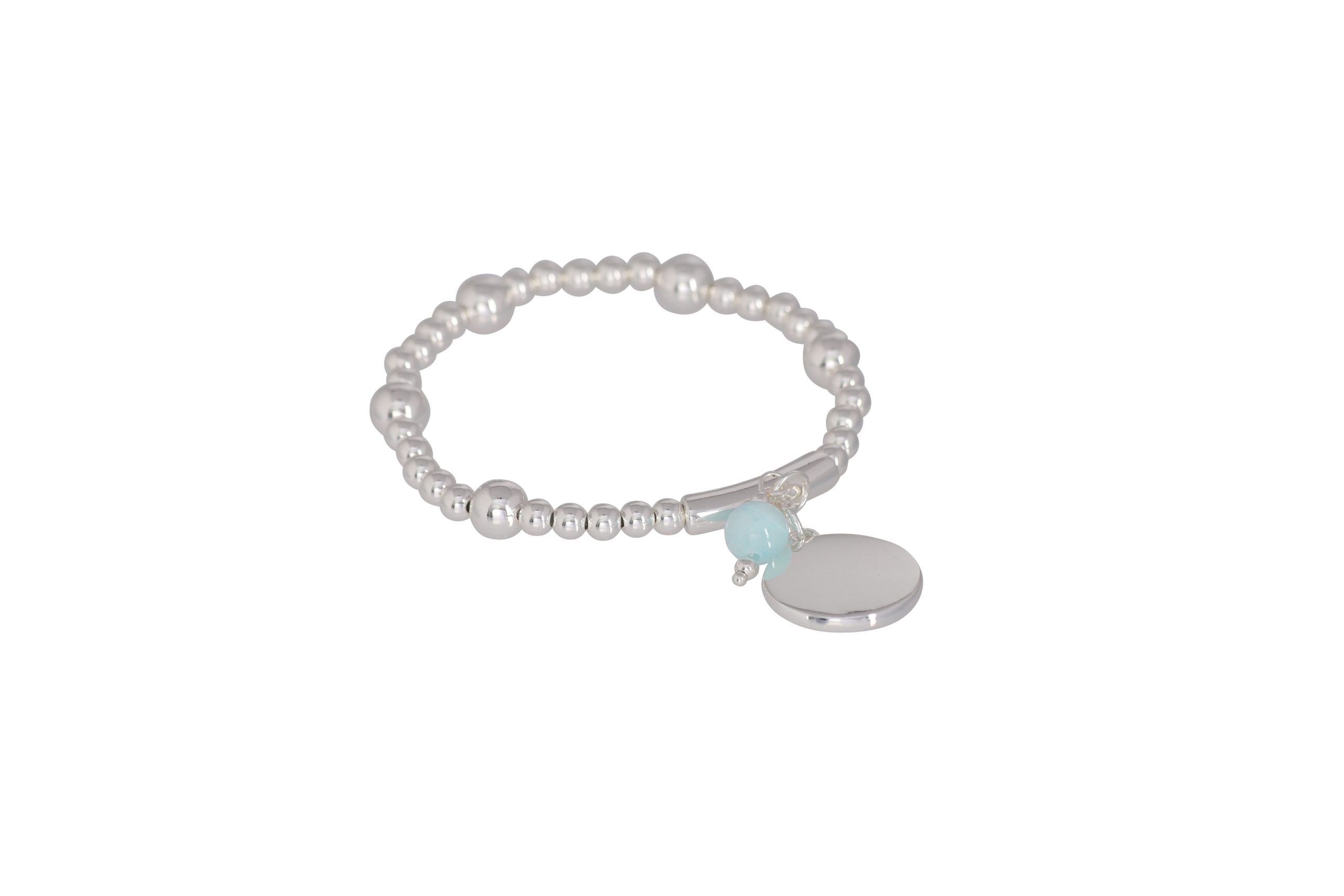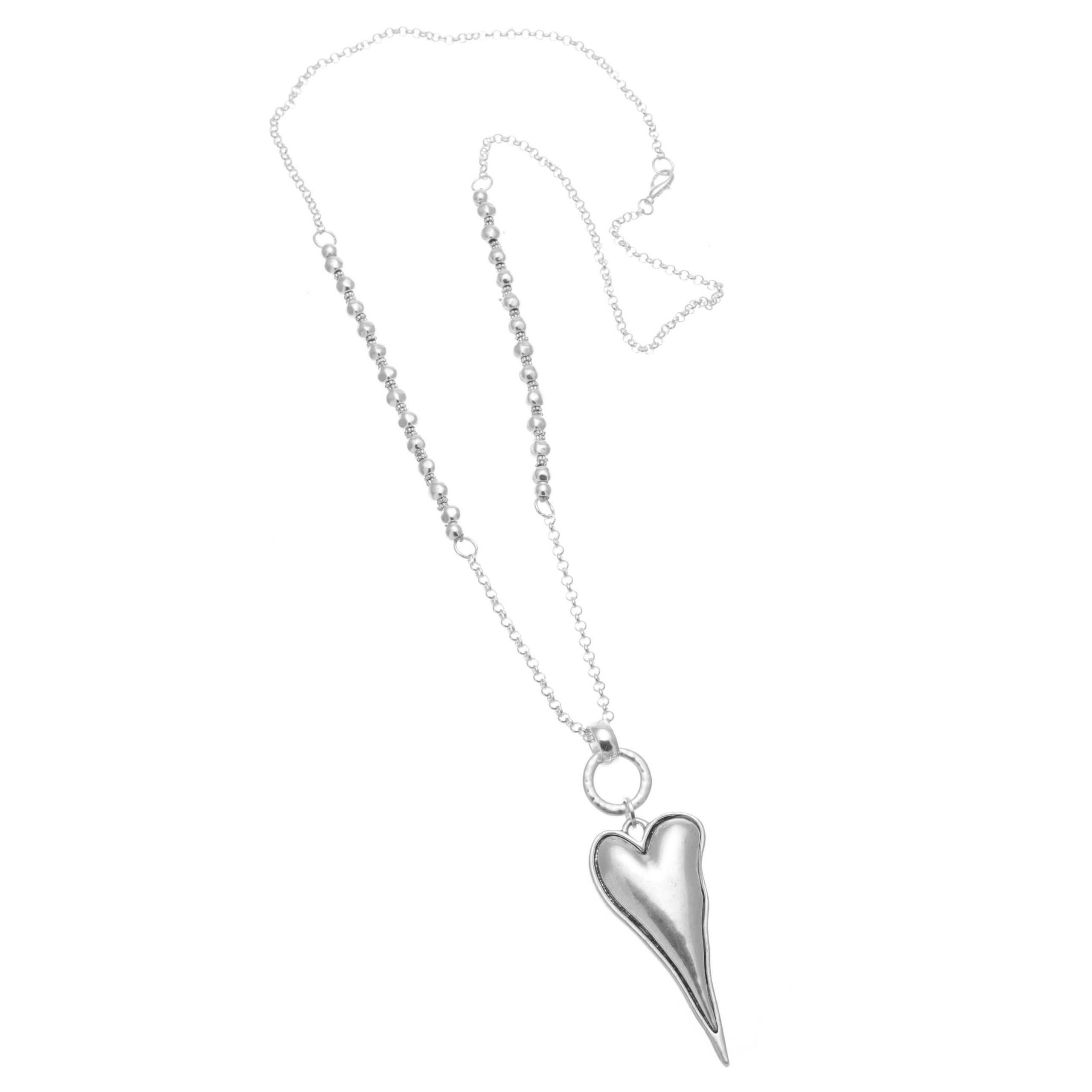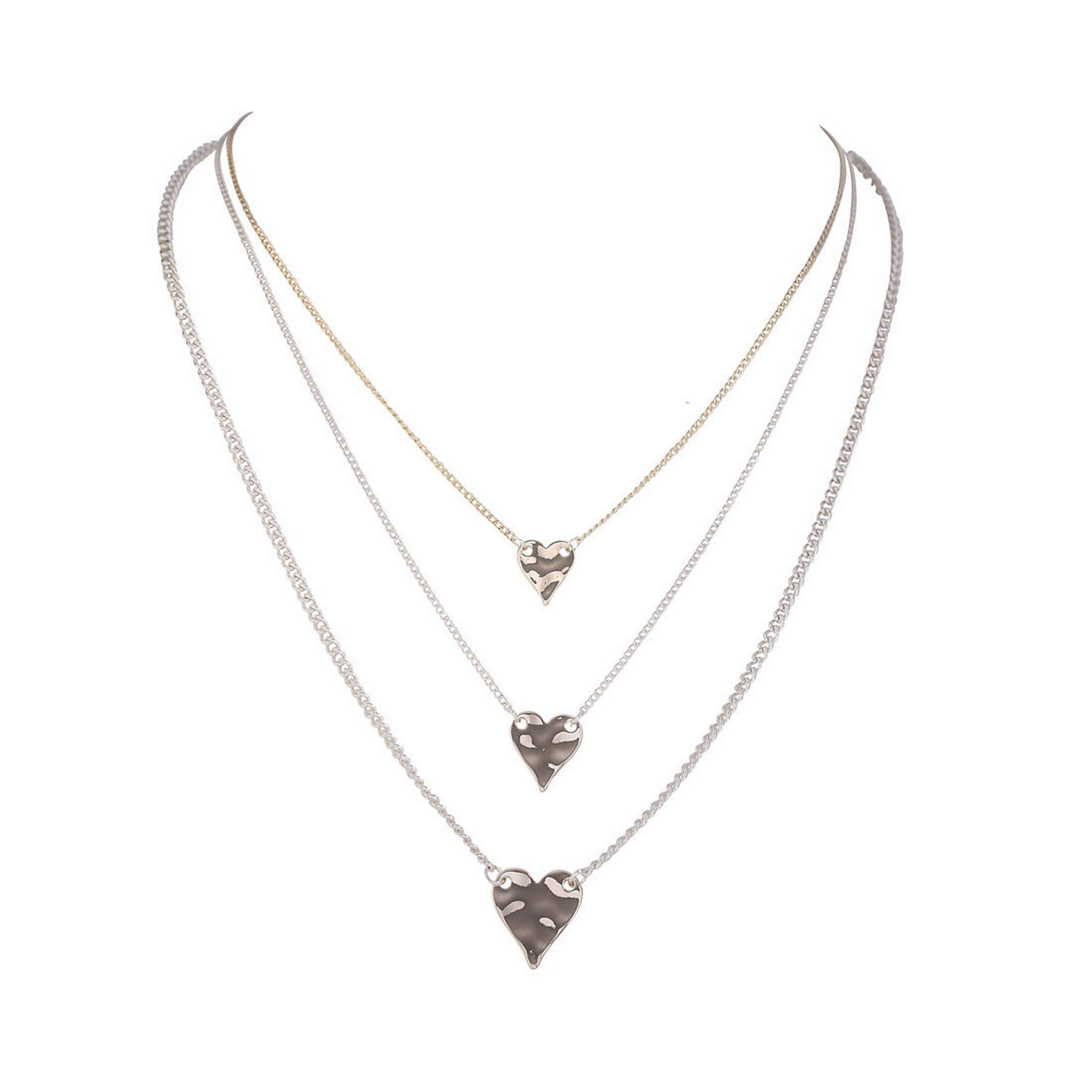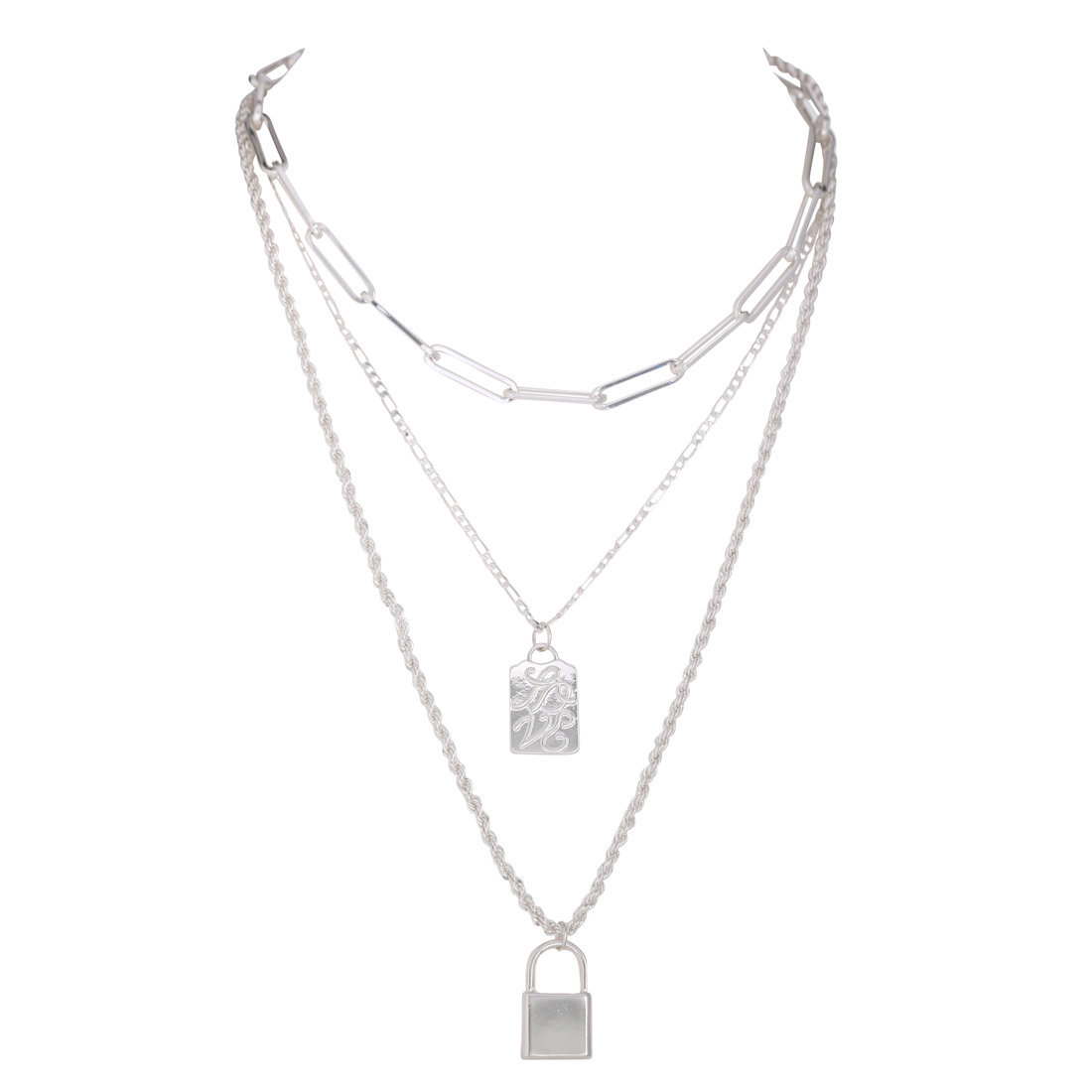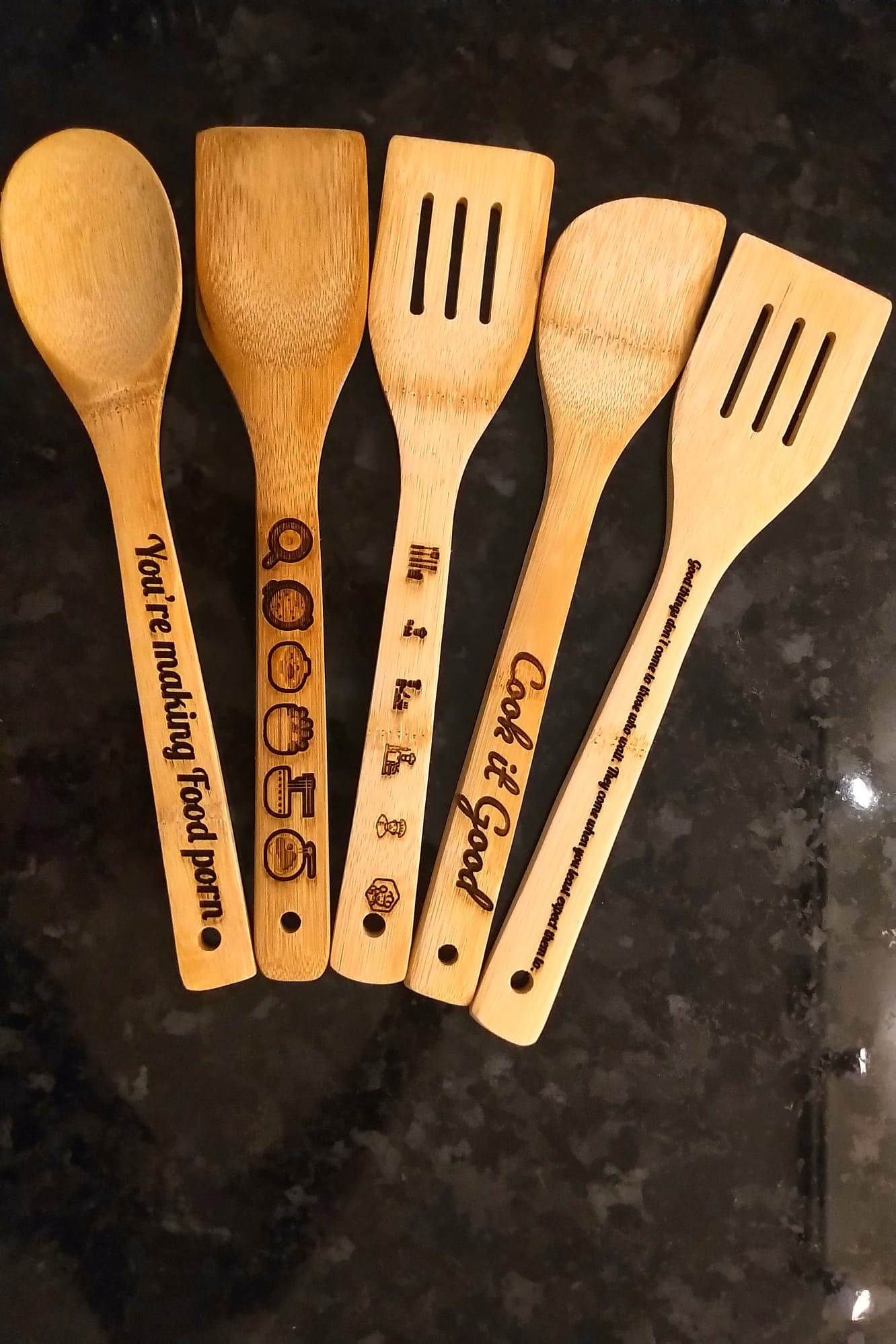My son just turned 6 months old recently, just after Mother’s Day. It was a very special day, weekend even, as it marked my very first Mother’s Day as a mom. The concept of mothering has been on my mind for a long time – way before my son was born and way before I ever got pregnant. I guess it has a lot to do with the fact that I started doing my family planning for a long, long time; five years to be exact. When it’s that long, thinking about becoming a mother and parenting a child just becomes natural before there’s a child in the first place. Then again, motherhood isn’t a concept. It’s who you are to another human being. You’re responsible for that person, and every decision you make for him or her for the next 18 years will affect them for the rest of their lives.
I recently came across a social media influencer who’s disabled and a new mother. She chronicles her life as a disabled woman, a mom, a partner to her daughter’s father and a friend. Though she has hundreds of thousands of followers and supporters both on Instagram and Facebook, the amount of brutally negative comments she receives are absolutely astounding. People dared to comment things like people with disabilities should have reproductive rights and that any doctor who allowed her (the influencer) go ahead with the pregnancy should lose their license. Luckily, there were some great people who defended the influencer and the subject mater itself. There were two commentators that got my attention, though. One commented that she had one parent who had cerebral palsy, and another commented that BOTH her parents had cerebral palsy with more severe cases than the influencer.
This goes back to my previous blog post where I talked about ableism and what life looked like for a disabled person before the Disability Rights Act was established in the 1970’s. When my father-in-law first found out his son was dating, in his words, a cripple, one of his many arguments as to why he should break up with me immediately was that I wouldn’t be able to be pregnant and that I wouldn’t be able to take care of a baby. It’s because his mind still lives in the 1970’s and refuses to to accept that it’s 2023. Years later, a decade to be exact, I can’t say that he accepted me into the family. Every time I think his treatment towards me gets better, it always gets worse. The right word to explain his treatment towards me would be inconsistent. His treatment towards my son hasn’t been consistent either. One day his feelings are hurt that he wasn’t aware of his grandson’s arrival. The next day he says he couldn’t care less about my son. And the next day, his feelings are hurt that my husband and I, particularly my husband, don’t send him any pictures. Not once in the 6 months since my son was born has he shown much interest. When he did, those were just words, and actions speak louder than words to me.That’s with the exception of when someone that’s supposed to be one of the closest people to my son says to me that he couldn’t give a rat’s a** about my son. When it comes to protecting my son, I’m a lioness protecting her cubs, and I refuse to have my son be surrounded by toxicity and negative energy.
What really concerns me, though, is my son witnessing the way my father-in-law treats me. I can compare how my father-in-law treats me to how society treated people with disabilities in the 1970’s before the Disability Rights Act took place, which like I mentioned in the previous post, can be compared to how society treated black people. My son will learn about it through history and will it as just that – history. But he will not see this treatment with his own eyes towards his mother, especially by someone who’s supposed to be one of the closest family members to my son. I know I keep saying this over and over again, but it’s something that’s very important to me. I want my son to grow up being an empath and to be accepting of others, and these aren’t traits he will learn from my husband’s father.
But anyway…
My father-in-law was obviously wrong on literally everything about me, including being able to get pregnant, give birth to a healthy baby full term, and take of the baby on my own. I actually just spent two whole weeks (weekdays) taking care of my son alone while my husband was working at the office, and we had the best time together. I knew I was doing a good job when my son couldn’t stop smiling whenever he was in my arms and when we played together. Besides feeding and changing diapers, all kids want is for parents to show them love, attention, and affection. They couldn’t care less about their parents’ disabilities or any other limitations. And children aren’t born hating anyone. Hate is something that’s taught early on, which is why I’m extremely careful as to who allow into my son’s life. My son has already started analyzing people around him. He now recognizes faces and voices. When I play with him, he analyzes both my hands, and I already started explaining to him that my hands are different than his. I tell him, ‘Mommy’s right hand looks different than her left even though both of your hands look the same. But mommy’s okay. I can do anything you’ll be able to do, just differently. If I struggle, I’ll ask you or daddy for help. Everyone needs help from time to time.’ I want him to be surrounded only by people who believe in my sentiment. I believe that if we, as a family, only surround ourselves with those who believe in my sentiment, my son will believe in it too.
The influencer’s content got me thinking a lot. It brought back reminders of what I already know, and it brought new views and perspectives on what matters to me in my new daily life as a mother. On Mother’s Day, she made a post on Instagram about being a disabled mother. But why? Is it really that necessary to use labels? I’d like to see myself as a woman who’s a mom who happens to be disabled. I’d also add that I’m thriving in life despite being disabled. But since were using labels here….
What people in our society need to realize is that disabled people CAN have healthy babies and are just as capable of taking care of them and raising their baby as an able-bodied person, and that able-bodied person can become the best version of themselves, just like I hope my son will turn out to be. The same goes with an able-bodied person. Any able-bodied person can have a disabled child and that disabled child can become a great, well-established person as a grownup. The moral is….
Instead of being judgemental and making assumptions, let’s all be kinder and more empathetic and accepting one of one another. The world will be a much easier place to live in that way. Life is already hard without having the opinions and views of one another, especially when you’re a minority group. I know my life would’ve been a lot easier if society was kinder and open-minded.
Sign up to our newsletter if you want to see more content from The Graceful Boon! By signing up to our newsletter, you'll get an even more in-depth content from yours truly, Stacie Kiselman, who's our Graceful Boon, that you won't want to miss out on.
